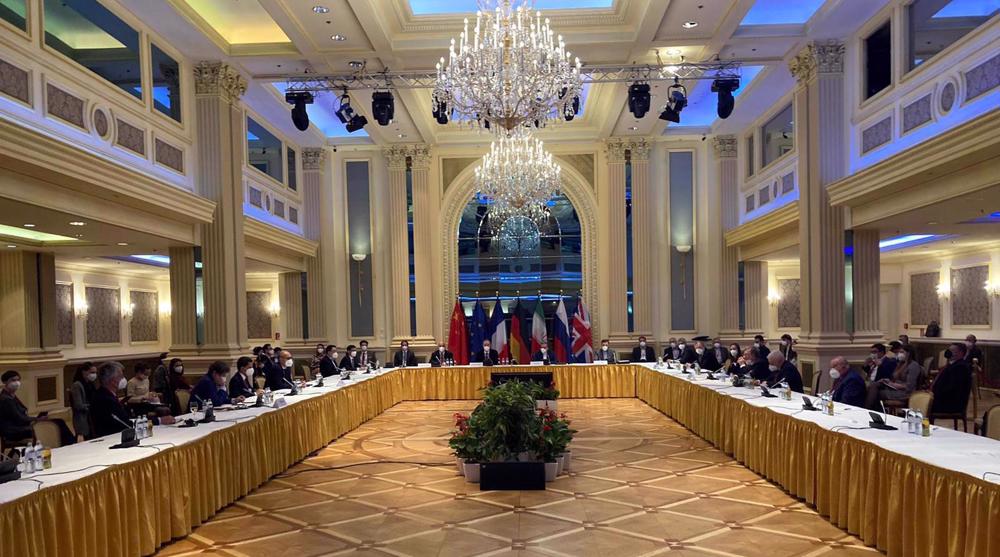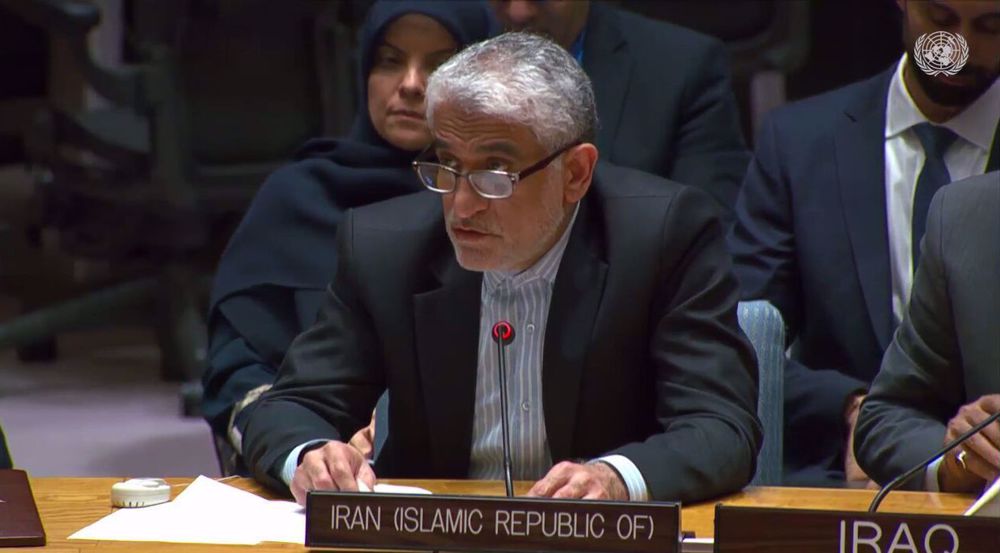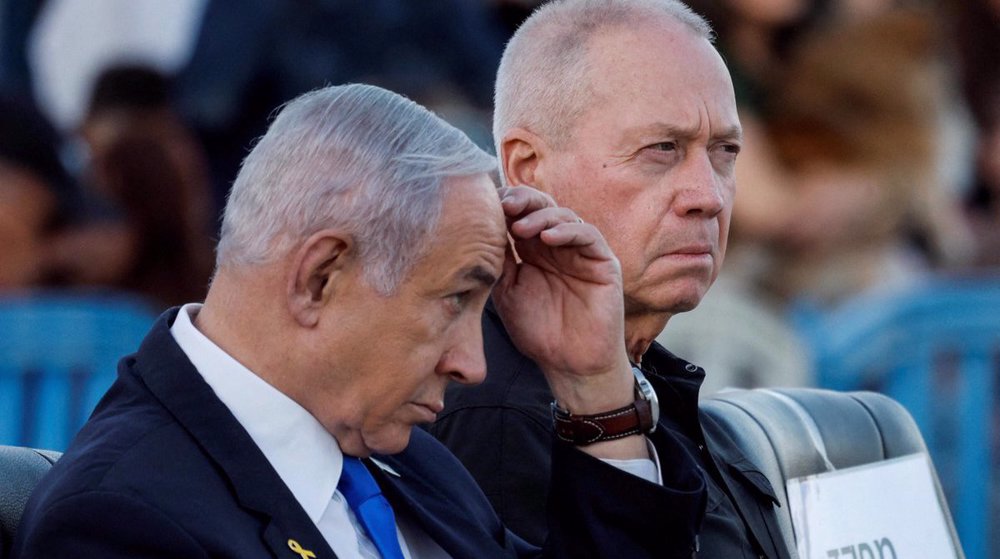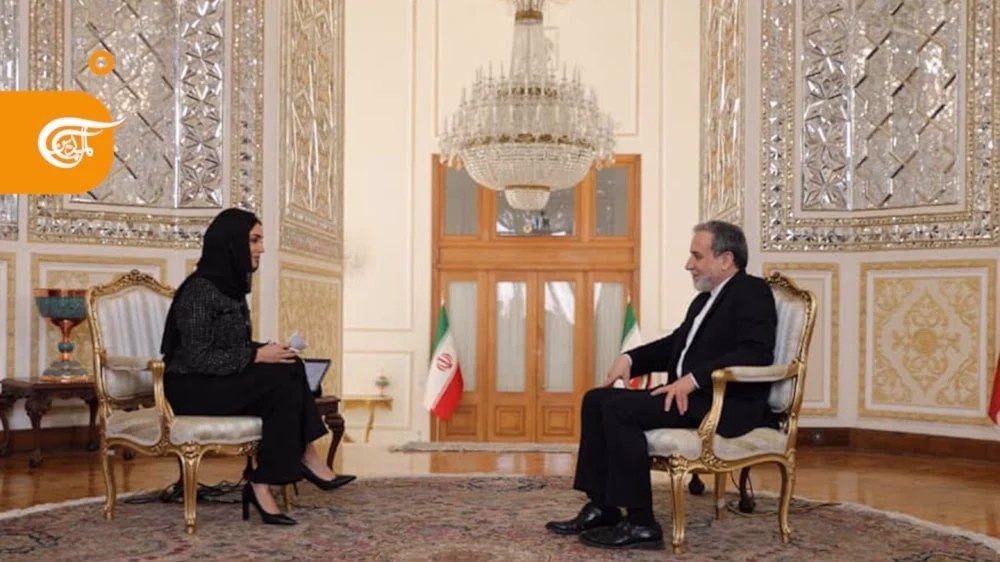JCPOA parties end 4th round of Vienna talks; expert consultations to continue
Delegates from Iran and the other five signatories to the 2015 nuclear agreement have wrapped up another round of talks in Vienna, Austria, on a potential revitalization of the accord apparently without any breakthrough, with both sides agreeing to speed up the diplomatic process.
The senior diplomats sat down behind closed doors at the Grand Hotel Wien on Friday for a fourth round of negotiations on ways to bring the United States back to the accord — officially called the Joint Comprehensive Plan of Action (JCPOA) and prepare the ground for a full implementation of the landmark agreement.
At the discussions, held within the framework of the JCPOA’s Joint Commission, Iran and its partners — namely France, Britain, Germany, Russia and China — agreed to make serious efforts toward achieving results the soonest possible.
They also agreed the three expert-level working groups previously formed would begin consultations on drafting solutions to the stalemate revolving around the JCPOA, which has been in limbo since Washington’s unilateral withdrawal around three years ago.
America’s pullout, which took place under ex-President Donald Trump, was followed by a highly-hostile campaign of “maximum pressure” devised to choke off the Iranian economy, mainly the banking and oil sectors.
Besides re-imposing the anti-Iran sanctions lifted by the JCPOA, the US targeted the Iranian nation with several sets of additional bans under new pretexts and labels.
Now, with Trump gone, the new US administration under President Joe Biden says it seeks to rejoin the deal, but it has so far refused take meaningful action to regain Iran’s trust and come back to compliance.
In excessive demand, the US says Iran should first resume the nuclear commitments it has suspended in resorting to its legal retaliation rights defined in Article 26 of the agreement before Washington lifts the sanctions. Tehran has firmly rejected that demand, saying it is up to the US, as the party that abandoned the JCPOA, to take the first back toward the deal by removing all the anti-Iran sanctions practically and verifiably.
The Vienna process, which has been underway since early April, is aimed at finding a way of the dispute and get the JCPOA back on track.
An American team has also been in Vienna, but it has no permission to attend the sessions.
The three groups set up in the earlier rounds have been assigned to prepare a list of the sanctions that the US should remove and the measures that Iran must take in order to reinvigorate the JCPOA.
Similar to the previous round, the session on Friday was chaired by Political Director of the European External Action Service Enrique Mora. The Iranian delegation was also led by Deputy Foreign Minister Abbas Araqchi.
Russia: All sides agreed to intensify process
In a tweet on the latest meeting, Russian representative Mikhail Ulyanov said the JCPOA’s Joint Commission “opened a new round of the talks on full restoration of the nuclear deal.”
The Joint Commission of #JCPOA at its meeting today opened a new round of the talks on full restoration of the nuclear deal. The participants agreed on the need to intensify the process. The delegations seem to be ready to stay in Vienna as long as necessary to achieve the goal.
— Mikhail Ulyanov (@Amb_Ulyanov) May 7, 2021
“The participants agreed on the need to intensify the process. The delegations seem to be ready to stay in Vienna as long as necessary to achieve the goal,” said the Russian diplomat.
No other details were available on the discussions on Friday, but reports coming out of Vienna suggest that the excessive demands of the US and its European allies have slowing down the process.
On Thursday, Press TV obtained information that the US wants the destruction of Iran’s new-generation centrifuges in exchange for only a temporary suspension of some of the sanctions, a demand beyond Iran’s commitments under the JCPOA.
Tehran will, however, not submit to the new nuclear demands, which according to the information, could lead not only the Vienna talks but also the deal itself to a breakdown.
A day earlier, Araqchi had held separate bilateral meetings with Mora and Rafael Grossi, secretary-general of the International Atomic Energy Agency, which has been tasked by the signatories with monitoring the technical aspect of the JCPOA’s implementation.
Following his meetings, the top Iranian negotiator said the participants in the Vienna talks will a “hard job” ahead of them. “We hope that we will be able to finish it in a shorter time, but the discussion of time has a secondary priority for us.”
“The first priority is to focus on securing the interests of the Iranian people and securing the definitive positions of the Islamic Republic of Iran,” he added.
Jordan sentences former lawmaker for supporting Palestinian resistance
Basij volunteer forces hold massive drills in southwestern Iran
Israeli war criminals 'not welcome', US city says after ICC ruling
US vetoing of Gaza ceasefire resolution ‘disgraceful’: Iran’s UN envoy
VIDEO | IAEA adopts anti-Iran resolution tabled by E3
VIDEO | Iran's president urges Pope to help end Israel's onslaught in Gaza
Iran's senior legal official: ICC arrest warrant for Netanyahu ‘great victory'
Nov. 21: ‘Axis of Resistance’ operations against Israeli occupation










 This makes it easy to access the Press TV website
This makes it easy to access the Press TV website